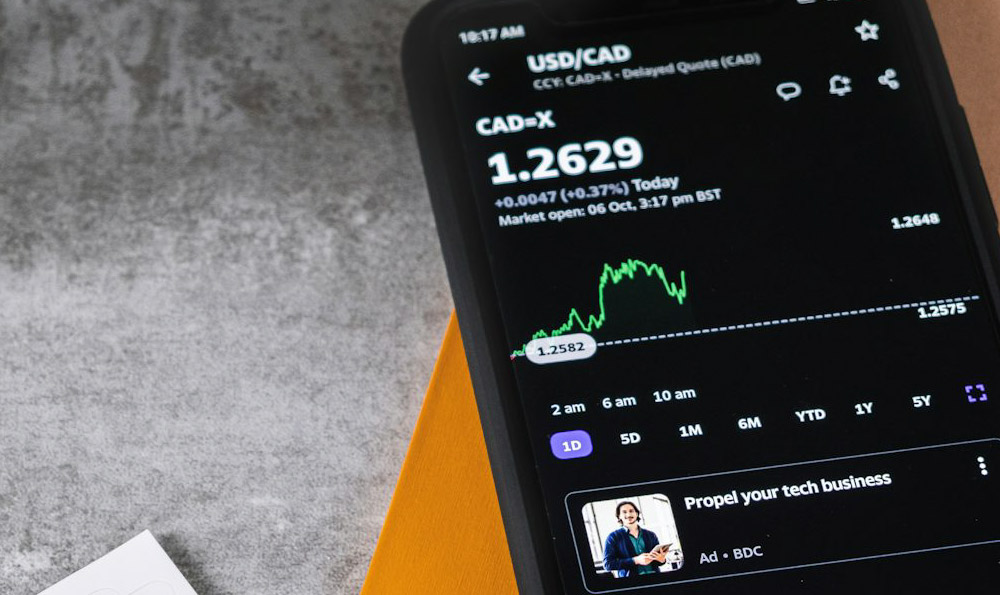Upbit Shiba: What's the Price Prediction? Is Now a Good Time to Buy?

Upbit Shiba: Navigating the Shiba Inu Hype Train
Shiba Inu (SHIB), the meme coin that captivated the crypto world with its meteoric rise, continues to be a subject of intense speculation and debate. With its listing on major exchanges like Upbit, a leading South Korean cryptocurrency platform, SHIB has gained wider accessibility and exposure, further fueling the interest in its potential future value. This article delves into the complexities of predicting Shiba Inu's price, analyzes factors influencing its value, and examines whether now is an opportune time to consider investing.
Understanding the Volatility of Meme Coins

Before diving into price predictions, it's crucial to acknowledge the inherent volatility associated with meme coins like Shiba Inu. Unlike cryptocurrencies with tangible utility or underlying technology, SHIB's value is largely driven by community sentiment, social media trends, and speculative trading. This makes it exceptionally susceptible to rapid price swings, both upward and downward.
Factors Influencing Shiba Inu's Price
Several factors can impact Shiba Inu's price trajectory:
- Market Sentiment: As a meme coin, SHIB's price is heavily influenced by online communities, social media buzz, and general market sentiment. Positive news, viral trends, or endorsements from influential figures can trigger price surges. Conversely, negative news or waning interest can lead to significant price drops.
- Broader Cryptocurrency Market Trends: SHIB, like most altcoins, often mirrors the movements of the broader cryptocurrency market, particularly Bitcoin (BTC) and Ethereum (ETH). If BTC and ETH experience bullish runs, SHIB is likely to follow suit. Conversely, a market downturn can negatively impact SHIB's price.
- Adoption and Utility: The Shiba Inu ecosystem is expanding beyond just a meme coin. Developments like Shibarium (a Layer-2 scaling solution), ShibaSwap (a decentralized exchange), and the TREAT token (intended to diversify the ecosystem) aim to provide real-world utility and attract users. Increased adoption of these features could positively influence SHIB's long-term value.
- Token Burn Events: The Shiba Inu community regularly conducts token burns, permanently removing SHIB tokens from circulation. This deflationary mechanism aims to reduce the overall supply and potentially increase the value of the remaining tokens. The effectiveness of these burns in significantly impacting the price is a subject of ongoing debate.
- Whale Activity: Large holders of SHIB, often referred to as "whales," can significantly influence the market with their buy or sell orders. Monitoring whale activity can provide insights into potential price movements.
Upbit Listing and its Impact
The listing of Shiba Inu on Upbit has been a significant catalyst for price fluctuations. Upbit's substantial user base, particularly in South Korea, has provided SHIB with increased liquidity and exposure to a new market. This listing can lead to short-term price pumps, but the long-term impact depends on sustained demand and adoption.
Price Prediction: A Grain of Salt
It's important to approach Shiba Inu price predictions with a high degree of skepticism. Given the volatile nature of meme coins, any prediction is inherently speculative and subject to significant error. Various online platforms and analysts provide price targets, but these should be considered as informed guesses rather than guarantees. Factors like unforeseen market events, regulatory changes, or shifts in community sentiment can render these predictions inaccurate.
Long-Term vs. Short-Term Outlook
The long-term outlook for Shiba Inu is highly uncertain. While the ecosystem is expanding and attempting to develop utility, its success hinges on its ability to compete with established cryptocurrencies and attract a sustainable user base.
In the short term, SHIB's price may experience periods of volatility driven by market trends, social media hype, and speculative trading. Day traders and swing traders might find opportunities to profit from these fluctuations, but it's crucial to manage risk effectively.
Is Now a Good Time to Buy? Risk Assessment
Whether now is a good time to buy Shiba Inu depends entirely on your individual risk tolerance and investment strategy.
- High-Risk Investment: Investing in SHIB should be considered a high-risk investment. There is a significant possibility of losing a substantial portion of your investment, especially if you buy at a high price point or hold for the long term without proper risk management.
- Due Diligence: Before investing, conduct thorough research and understand the risks involved. Don't rely solely on social media hype or online forums.
- Diversification: Do not put all your eggs in one basket. Diversify your portfolio with a mix of assets to mitigate risk. Allocate only a small portion of your portfolio to high-risk investments like SHIB.
- Dollar-Cost Averaging (DCA): Consider using a dollar-cost averaging strategy, where you invest a fixed amount of money at regular intervals, regardless of the price. This can help reduce the impact of price volatility.
- Set Realistic Expectations: Don't expect to get rich quickly. Meme coins are highly speculative, and there is no guarantee of returns.
Alternative Investments
Before investing in SHIB, explore other investment opportunities that might offer better risk-adjusted returns. Consider investing in established cryptocurrencies with strong fundamentals, traditional assets like stocks and bonds, or alternative investments like real estate.
Conclusion
Shiba Inu remains a volatile and speculative asset. While the Upbit listing has provided increased exposure, its price is susceptible to rapid fluctuations. Predicting its future value is challenging, and any investment should be approached with caution. Before buying SHIB, carefully assess your risk tolerance, conduct thorough research, and consider diversifying your portfolio. Understand that investing in meme coins carries significant risk, and there is no guarantee of profits.
It is important to note that this is not financial advice. Always consult with a qualified financial advisor before making any investment decisions.















